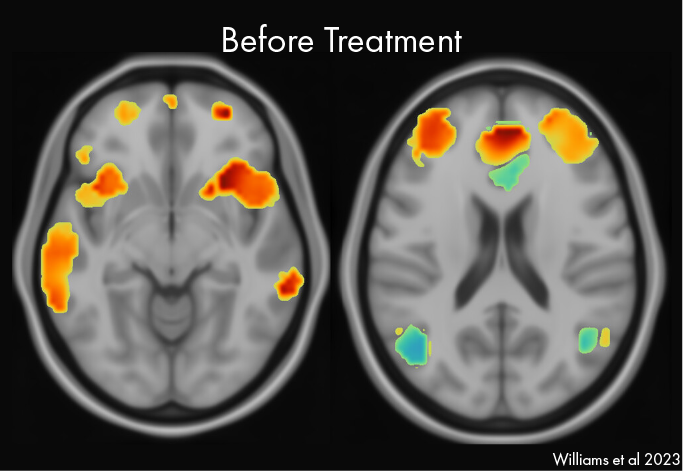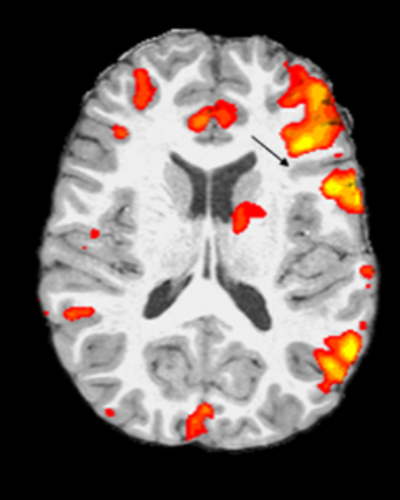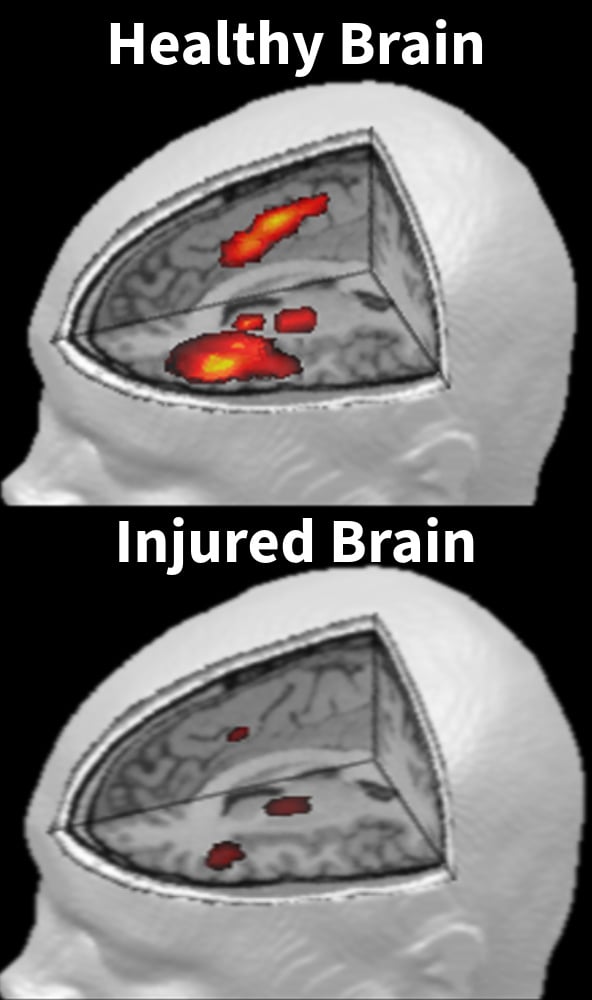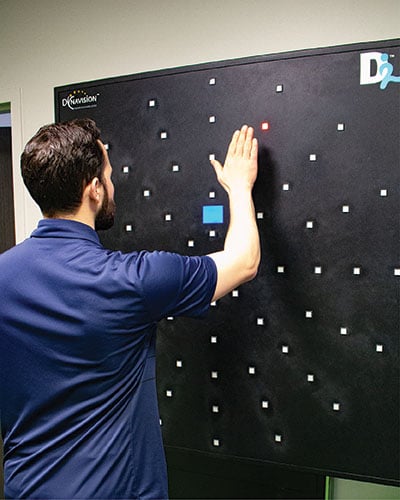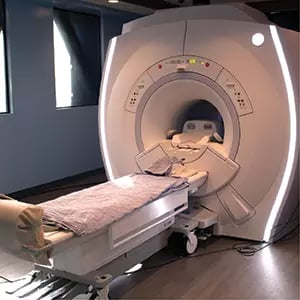Treatment That Changes Everything
Our personalized treatment protocols are designed to help your brain heal from your specific injury.
Free Consultation
Talk with our team about your injury and symptoms. We'll review your history and determine if you're a good candidate for treatment.
Brain Scan
We perform a detailed fNCI scan to see exactly where your brain isn't functioning properly. Your scan becomes the roadmap for your entire treatment.
Personalized Intensive Treatment
Monday through Friday, 6-8 hours per day of personalized therapy built around your specific scan results and brain injury.
Recovery
Return to your life. Most patients see changes in just one week, with results that last long-term. Allowing them to live the life they want to live.
Functional Brain Scan
- Our fNCI (functional NeuroCognitive Imaging) scan measures blood flow patterns in the brain while performing cognitive tasks.
- This reveals precisely which brain regions are struggling to function efficiently – the specific areas responsible for your brain fog, headaches, or fatigue.
- This detailed map is the foundation of your personalized treatment, ensuring your therapy directly targets areas of dysfunction.
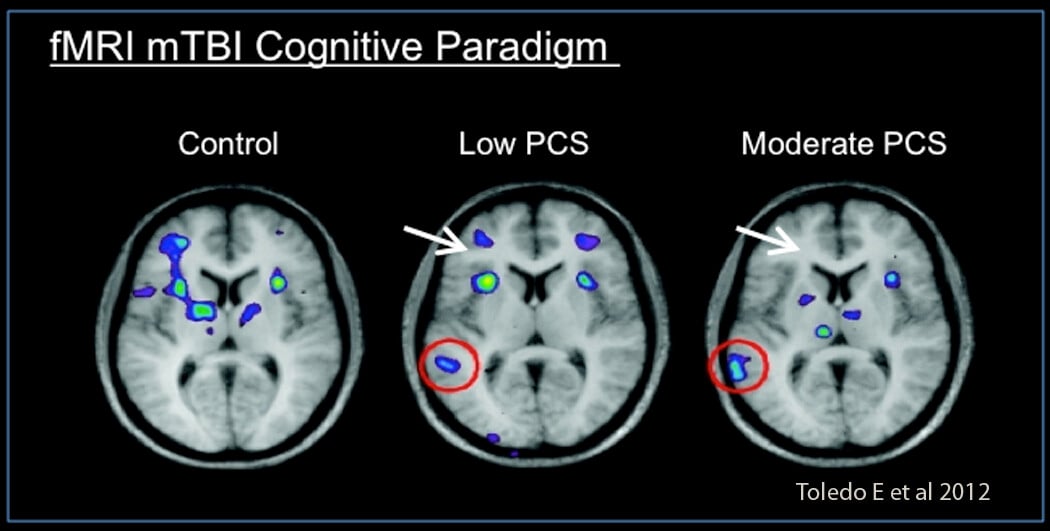
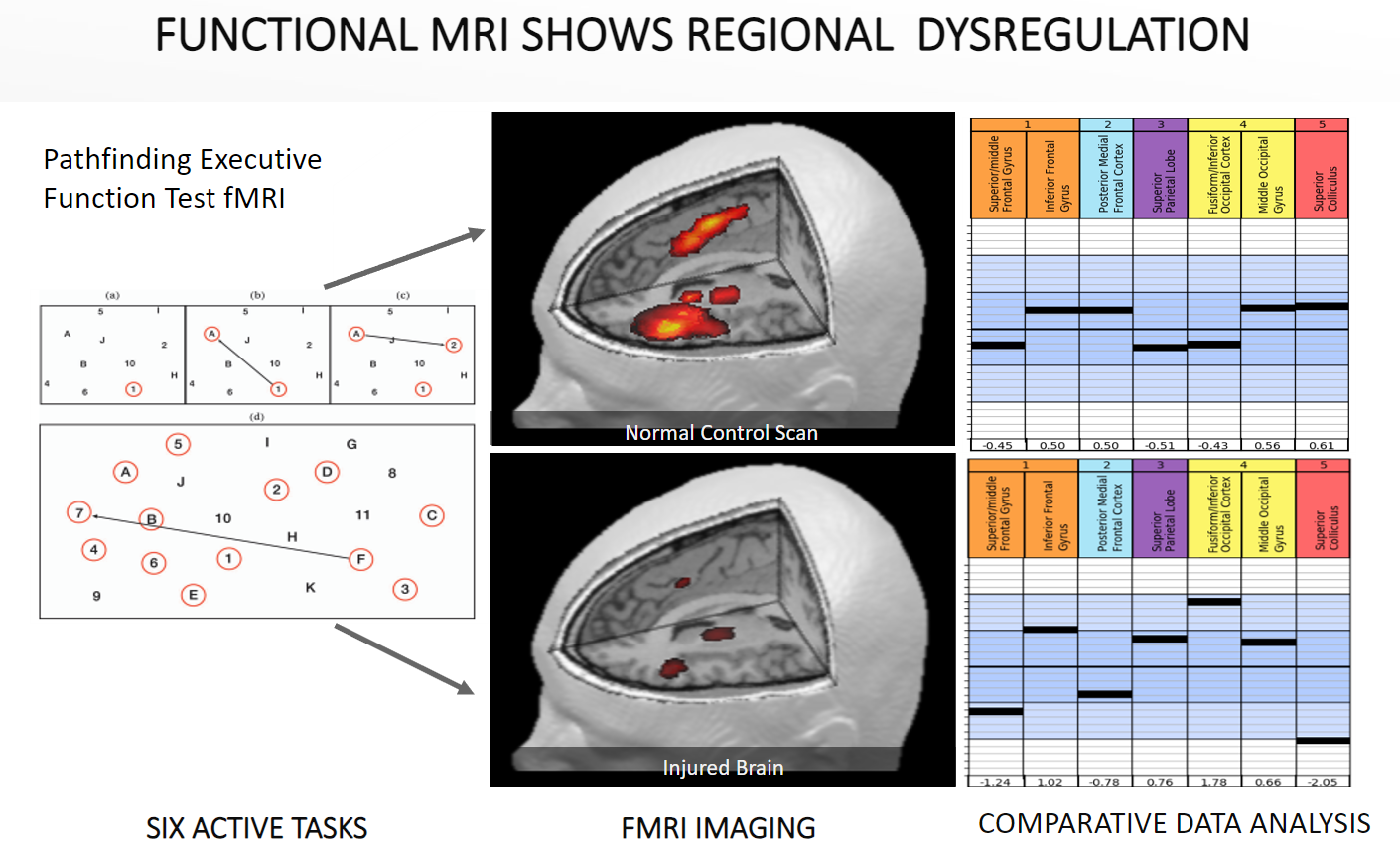
Personalized Treatment Plan
- Imagine your brain regions are musicians in an orchestra. After a concussion, the communication is off – some sections might be playing too loudly, others too softly, or entirely out of sync.
- A standard MRI shows you the instruments are there. Our fNCI scan reveals the music being played, showing us exactly which brain regions (musicians) aren't working correctly.
- This allows us to retune those specific sections through personalized therapy.
Treatment Approach
-
1-2 Weeks of intensive, all-day targeted therapy.
-
14 different doctors, therapists, and technicians. 20+ medical treatment devices.
-
The week is intensive. But you're supported every step of the way by a dedicated team that understands what you're going through.
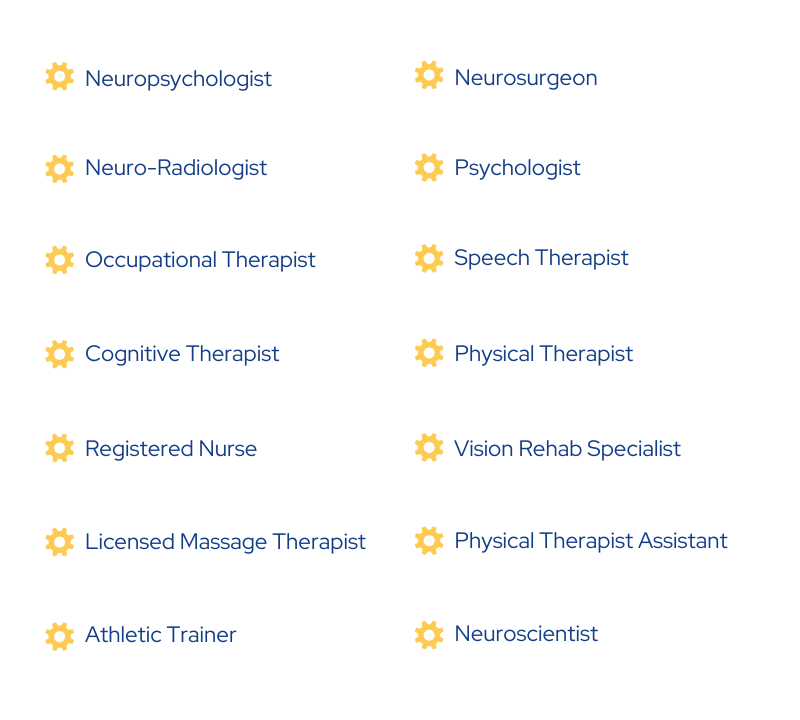
Treatment Results
-
77% of patients significantly improve and return to normal cognitive baseline testing.
-
85% Reduction in brain fog and fatigue symptoms.
-
Independent Third-Party Research of our treatment approach.


Lasting Treatment Improvement

77% Normalized Brain Function after treatment. Average time since injury 4 years.
Published Patient Outcomes
Independent Third-Party Studies
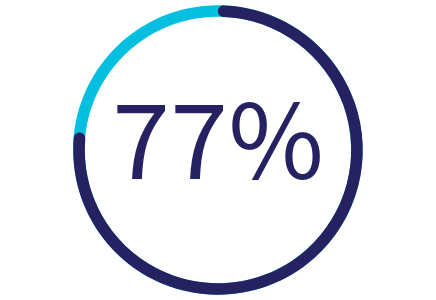
77% of Patients Report a Return to Normal Function
Improvements in anxiety, depression, fatigue, sleep problems, vestibular-ocular functioning, neurocognitive functioning.
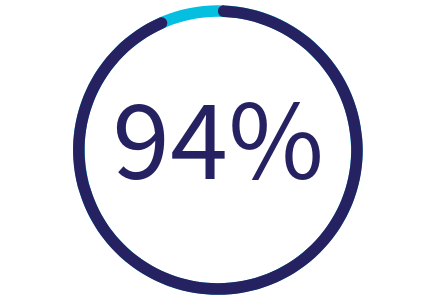
94% Reported Reduction in Symptoms
In a study at University Medical Center Groningen, 94% reported a reduction in symptoms after treatment.
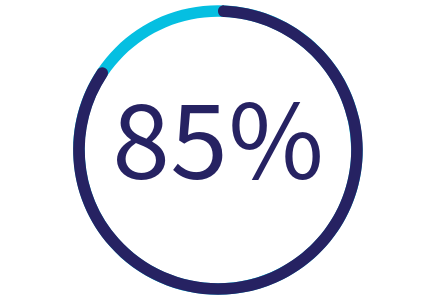
85% Improvement-Cognitive Issues (Fatigue, Brain Fog)
Between treatment and the six-month follow-up, 85% of patients treated report improvement in fatigue and brain fog.
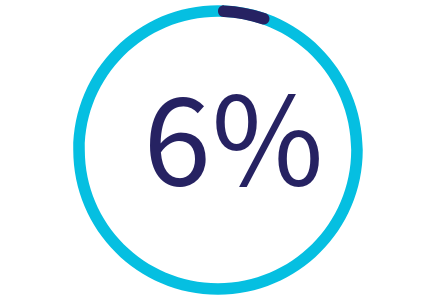
No improvement or regression.
Approximately 6% of the patients that we treat see no improvement or temporary regression after treatment.
Patient Testimonials
Jennifer H.
"Cognitive FX gave our daughter her life back! ... Cognitive FX is incredible; I can not adequately put into words how much we believe in their recovery program. We love the staff, and diagnostic measures, the recovery program, and the post-care follow up. I honestly can not think of one negative thing to say. The therapists are so attentive, skilled, caring and fun. Dr. Fong and RN Kaydee Severs are so incredibly smart, thorough in their explanations and exceptionally compassionate."
Review Source:
https://g.co/kgs/B5hSJ8
Liesel G.
"Everyone was super nice and encouraging. The therapies were tailored to my individual strengths, weaknesses, and needs. I have had significant improvement and my last FMRI came back looking significantly better than the first one. I feel like I am getting back to my old self after nearly 5 years of problems and pain. I'm so grateful to everyone at Cognitive FX who helped me on my journey!"
Review Source:
https://g.co/kgs/5SLZpJ
Will H.
"This place saved the life of someone we love. I was so impressed with the level of professionalism and care that we received. This facility is a blessing and I wouldn't hesitate at all to work with this team."
Review Source:
https://g.co/kgs/Hz35Pp
Chidinma O.
"Cognitive Fx is a great place to receive treatment for post-concussive syndrome. They definitely listen to all the symptoms you experience in an objective manner. Their exams provide great validation of the weird post-concussive symptoms that neurologist typically have a hard time diagnosing. Also, just after a few days of treatment, I began noticing improvements on my symptoms. I’m very thankful for Cognitive Fx and I look forward to their science and research being utilized more in the treatment of brain injuries and complications."
Review Source:
https://g.co/kgs/W15sui
Michelle F.
"...EPIC treatment at Cognitive FX was a lifesaver. I was shocked at how much better I felt after my week there! The fog lifted and the fatigue finally began to let up. I could focus, read, and attend better. I felt like myself! When the fNCI scan scientifically backed up what I was feeling, I cried with joy! The entire team is great! Everyone was so caring and helpful! The value of brain function is well worth the cost. I would recommend anyone who is struggling with PCS to meet with Dr. Fong. It was worth every penny I paid and more! I continue to work the program for brain health given to me when I completed the treatment."
Review Source:
https://g.co/kgs/zBo59R
Constantin L.
"Best decision of my life, great experience, absolutely the best staff in health care, learned more about my injury than I would’ve dreamed of and got to know people that have gone through the same hardship as me, very helpful! If you’ve been suffering with PCS, think no further!"
Review Source:
https://g.co/kgs/hYv6uo
Annemieke V.
(Original Dutch/Nederlandse)
"Zeer kundige, betrokken mensen. Mijn resultaat na 4 maanden is 80% herstel. Ik heb mijn leven grotendeels terug. Ik raad het iedereen met (niet aangeboren) hersenletsel aan."
(English Translation)
"Very knowledgeable, committed people. My result after 4 months is 80% recovery. I have most of my life back. I recommend it to anyone with (non-congenital) brain injury."
Review Source:
https://g.co/kgs/AbTdC1
Stacy B.
"I found this clinic during an online search of my symptoms. These guys are the first people to have ever taken me seriously and are some of the kindest human beings I have ever met. The program is extremely intensive and while I have not recovered fully yet, I feel like I have hope for the first time in 5 years. They give you a customized program to follow when you go home and I hopeful that by following this I will continue to improve. If you are struggling with brain function issues, please give them a shot - they are expensive but truly the best of the best."
Review Source:
https://g.co/kgs/SwJYMW
Hannah N.
"This therapy treatment program was a lot of work but after just my first 2 days I had already seen so many positive impacts in my health. My body started to begin functioning like it did before my concussion. Everyone was very helpful and patient with me. I also loved that all the treatments were catered to my physical needs everyday."
Review Source:
https://g.co/kgs/uLhW6G
Frequently Asked Questions
How confident should I be that I will get better if I come for treatment?
Third-party and our internal tracking show that roughly 75% of patients will get significantly better with treatment. The remainder will see some improvement in symptoms but not return to pre-injury levels. Between 5% and 7% of patients will see no improvement with treatment or a temporary regression of symptoms. We are improving at identifying what types of brain injuries don't respond to our treatment.
.jpeg?width=500&height=350&name=Hero%20Image%20Get%20Started%20(2).jpeg)
How does the fMRI allow you to customize my treatment?
All patients begin with an fMRI of their brain before we begin treatment. This allows us to examine how your brain activates when performing standard tasks. We compare that with a database of healthy brains. From the scan, we can determine which brain areas are not working as they should. We can then customize the Prepare, Activate, Recovery protocol for your specific needs.

How is Cognitive FX different than other clinics?
Instead of conducting interviews with the patient about their symptoms, we take a more accurate approach and scan the brain, looking for differences between an injured brain and a normal brain.
Symptoms don't match up with the area of the brain that needs treatment. Hyperactivation across brain regions results in fatigue and headaches, even though it may just be a few overactive regions that are causing all the symptoms. On the other hand, hypoactivation (low brain activation) can result in brain fog, taking longer to think, etc. Without knowing what areas are impaired, it is hard to know where to focus treatment.
Secondly, during the week, we promote brain plasticity and stress the brain so it will try to remodel the neural pathways it had preinjury. To do that effectively, you can't have one or two appointments a week. The brain typically won't change 6 months after an injury without some serious work.

What is treatment like, and what kinds of treatment will I get?
Treatment will last 1 or 2 weeks depending on your injury severity and, to a lesser degree, age. Treatment is between 6-9 hours every day for the week, with a shorter day on Friday to accommodate an exit scan. We follow a Prepare, Activate and Recovery strategy for treatment. The types of therapy you could receive are: physical therapy, occupational therapy, speech therapy, cognitive therapy, vision therapy, massage, vestibular therapy, brain wave entrainment, CO2 therapy, dynavision, NSI, Righteye, TOMAR, REAX Board, HIIT, psychology depending on your needs.
The activation portion of the treatment is the most individualized. The Prepare phase is based on increasing the blood flow and creating neurochemicals (BDNF, dopamine, acetylcholine, etc.) that help with brain plasticity and neurogenesis.

How do I know if Cognitive FX is right for me and my injury?
If you have been dealing with symptoms for over 9 months, the research shows that without intervention, the likelihood of recovery is very low. The above data shows that 77% returned to normal SCAT 5 testing results. The average patient was over 4 years post-injury, so there is hope.
If you are longer than 6 months post-injury and symptoms aren't improving or worsening, you are an ideal patient. If you have had multiple concussions and have severe symptoms and you are less than 6 months old, you are also an ideal treatment candidate. If you have only had one concussion and are less than 6 months continue with your local treatment or see if you will recover. If, after 6-9 months, you haven't improved, reach out to us.

Will I be able to do treatment with my symptoms?
We have treated thousands of patients that have post-concussion syndrome or a mild TBI. We have lots of techniques that will help lessen any flair-up in symptoms. We also schedule recovery sessions in your schedule so you can rest and prepare for the next activation window.
When Treatment Makes Sense
-
The greatest predictor of recovery is the number of symptoms. More symptoms lead to a lower chance of recovery without intervention.
-
The second most important factor is the time since your injury and the length of time you have had symptoms.
-
The third most relevant factor is the number of brain injuries you have sustained over your life.
Study Link


.jpg?width=1200&length=1200&name=fig-2%20(1).jpg)
Most common reported symptoms of patients that are suffering from post concussion injury.
Hiploylee, et al. 2017
Brain Injury Recovery Timeline: When Should You Seek Treatment?
Evidence-based recovery trajectories showing typical vs. prolonged recovery patterns. Interactive data points reveal key statistics from peer-reviewed research.
Treatment Recommended
Experiencing persistent headaches or symptoms beyond 6 weeks?
Evidence shows early treatment leads to better outcomes.
Research References
- McCrory P, et al. (2017). Consensus statement on concussion in sport—the 5th International Conference on Concussion in Sport. British Journal of Sports Medicine, 51(11):838-847. doi:10.1136/bjsports-2017-097699
- Makdissi M, et al. (2010). Natural history of concussion in sport. American Journal of Sports Medicine, 38(3):464-471. NCBI Reference
- Kontos AP, et al. (2020). Less Than Half of Patients Recover Within 2 Weeks of Injury. JOPT, 50(5):254-260. PMID: 32132366
- McClincy MP, et al. (2006). Recovery from sports concussion. Brain Injury, 20(1):33-39.
- Polinder S, et al. (2018). Multidimensional Approach to Post-concussion Symptoms. Frontiers in Neurology, 9:1113. PMC6306025
- Ellis MJ, et al. (2021). TRICORDRR score. PLOS Medicine, 18(7):e1003652. doi:10.1371/journal.pmed.1003652
- Leddy JJ, et al. (2020). Active Recovery from Concussion. Current Pain and Headache Reports, 24(6):27. PMC7046089
- King LA, et al. (2024). Getting rehab earlier improves outcomes. OHSU Study. OHSU News
